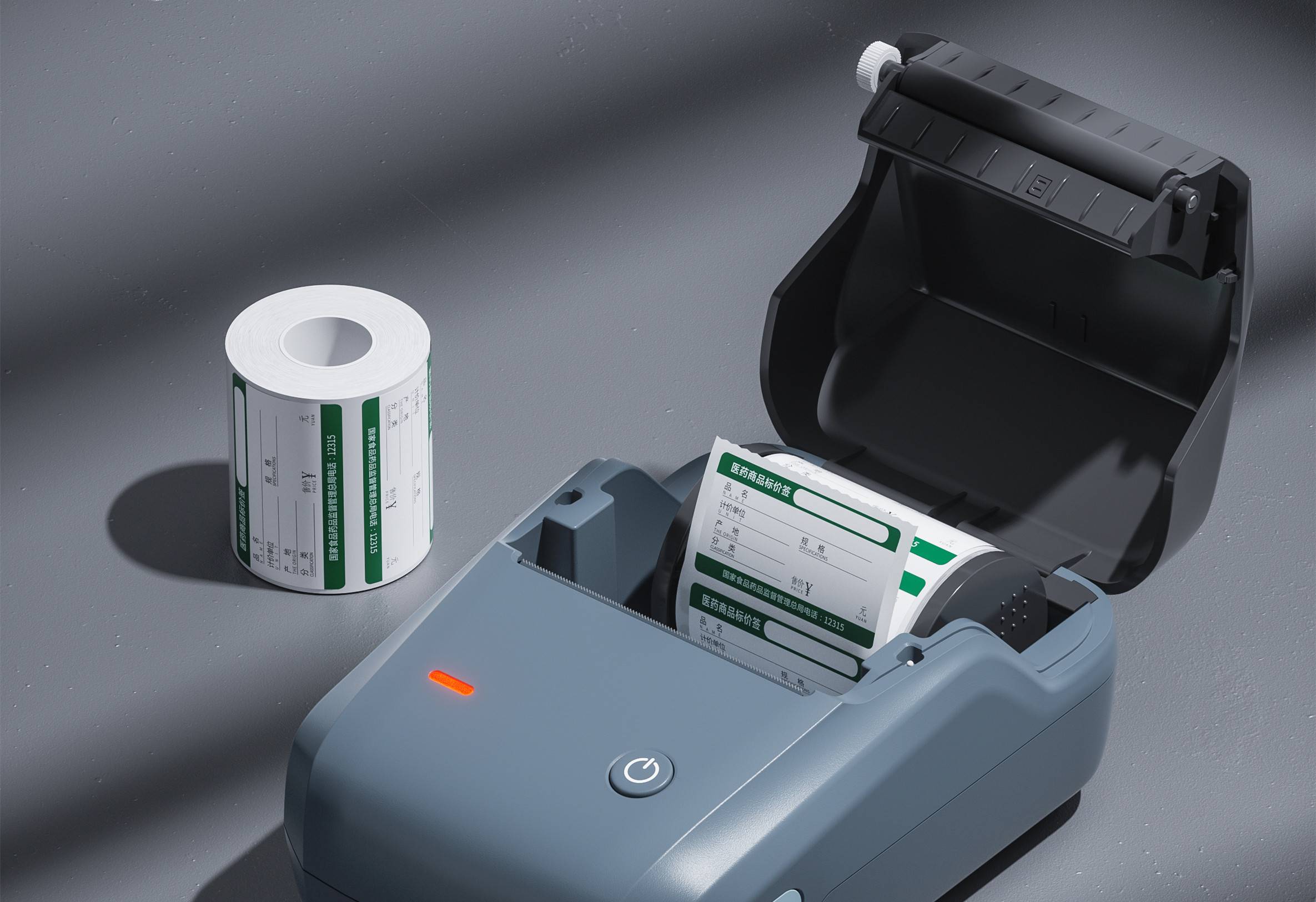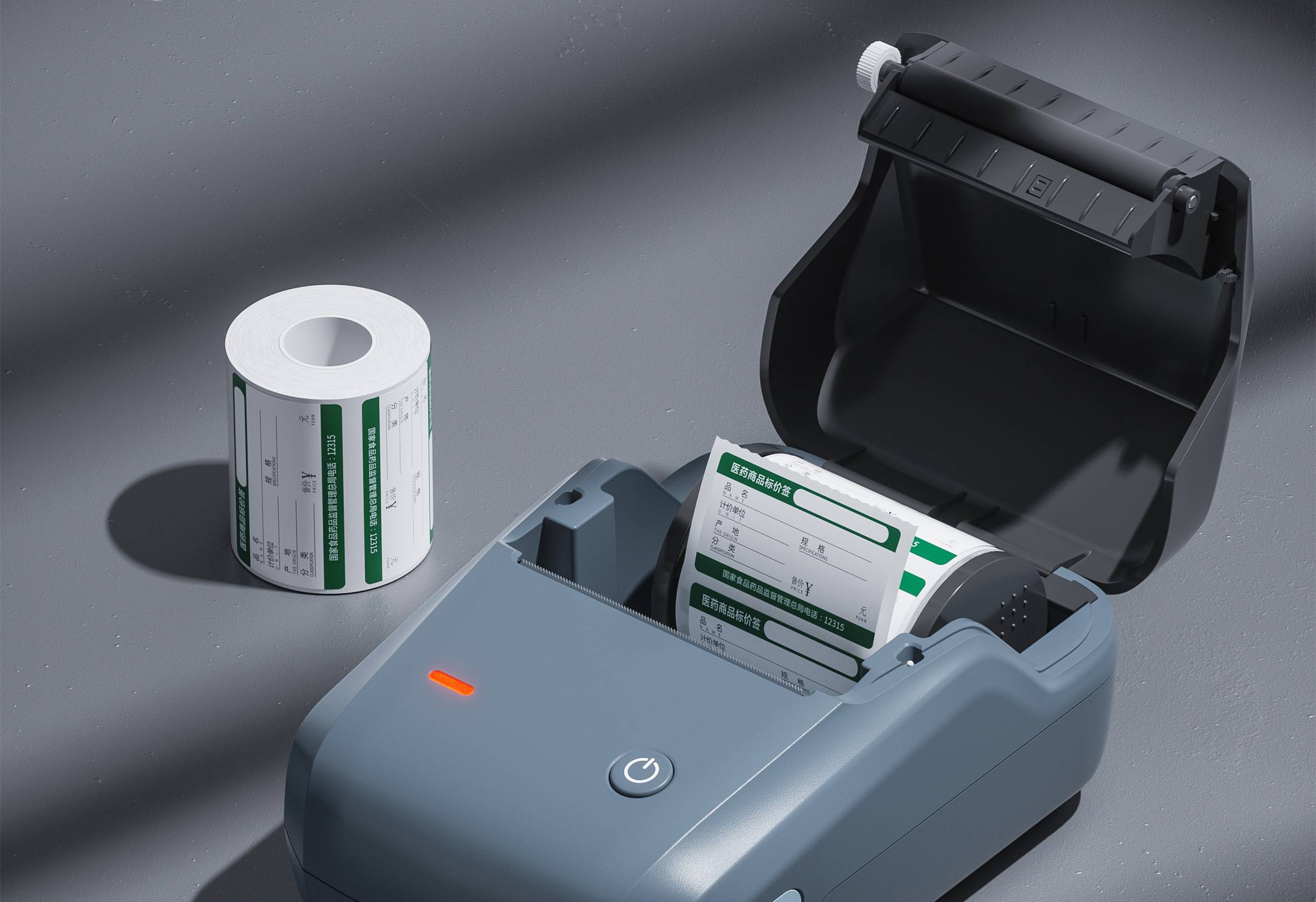
Certification introduction
The COC certificate is a requirement of many countries. For exporting goods from Saudi Arabia, Iran and other Middle East regions, the customs of the importing country requires the importer to provide a certificate of conformity (COC, certificate of conformance) issued by the recognized international certification company for the batch of goods. Among them, SASO (Arab Standards Organization) stipulates that imported goods must have a COC customs clearance certificate. The Kingdom of Saudi Arabia implements product conformity certification for domestic imported goods. All products are required to carry a certificate of conformity, also known as the Saudi CoC certificate, so that the products can complete import clearance at the Saudi customs.
COC certification basic information
Mandatory certification
No factory inspection
Sample test: If the test report provided is invalid, a sample test is required
Need local representative
Certification significance
· Protection of public health
· Consumer safety
· National Security
· Protection of religion and public morals
· protect environment
· Prevent fraud
Applicable product range
Controlled products include all consumer goods arriving in Saudi Arabia, except military equipment, medical devices and food.
Regulatory requirements
· Imported products must comply with the SASO Certification Program (ICCP).
· All imported controlled products need to be authorized by the official organization of the country of origin to issue CoC.
· Each new shipment requires a Certificate of Registration (CoR) and CoC. When the CoR certificate is valid, repeatedly applying for the CoC certification of the same product can shorten the certification cycle.
· Test work needs to be carried out by an accredited testing laboratory.
· All imported consignment goods must indicate that the country of origin cannot be removed.
· Complies with SASO and IEC standards
· As mentioned above, products with communication functions need to comply with EMC standards.
other
Saudi COC certification guide
· CoC needs to carry out pre-shipment inspection (PSI).
· Relevant Saudi Arabian authorities may randomly sample imported consignments to verify compliance with standards.
· If the goods arrive at any port in Saudi Arabia but do not have a CoC certificate, the goods will be refused entry or require a local accredited testing laboratory for product testing

Label printers entering the Brazilian market, ANATEL certification is an essential passport! It is the recognition of the Brazilian Telecommunications Authority for the safety and compliance of electronic products, without which products cannot be legally sold.

SRRC certification is not only a guarantee of product compliance, but also a key to opening up the market.

FCC ID certification is a mandatory certification for electronic products by the Federal Communications Commission (FCC) in the United States, and it is essential for label printers to obtain this certification.
The COC certificate is a requirement of many countries. For exporting goods from Saudi Arabia, Iran and other Middle East regions, the customs of the importing country requires the importer to provide a certificate of conformity (COC, certificate of conformance) issued by the recognized international certification company for the batch of goods.
Get a quote